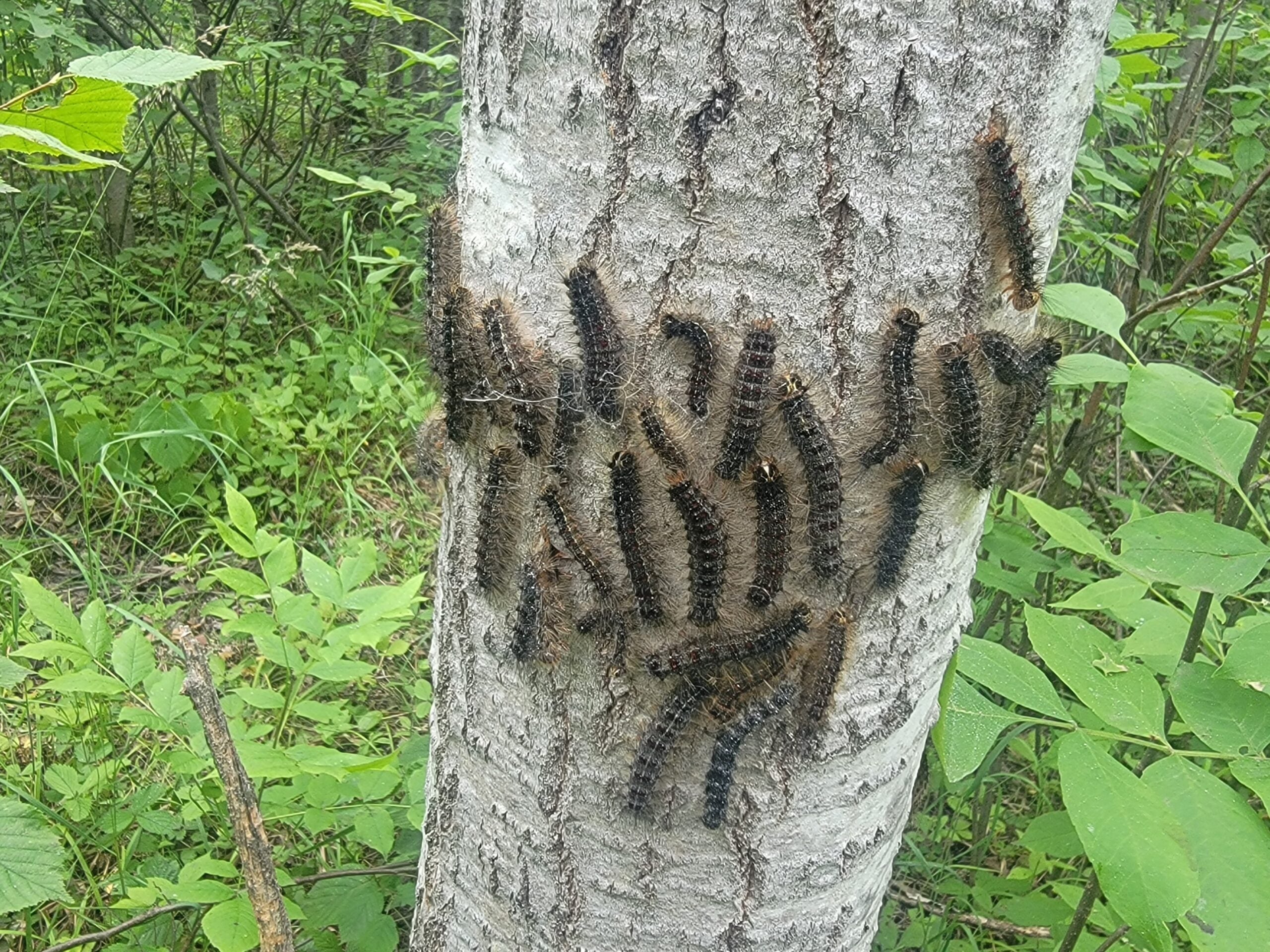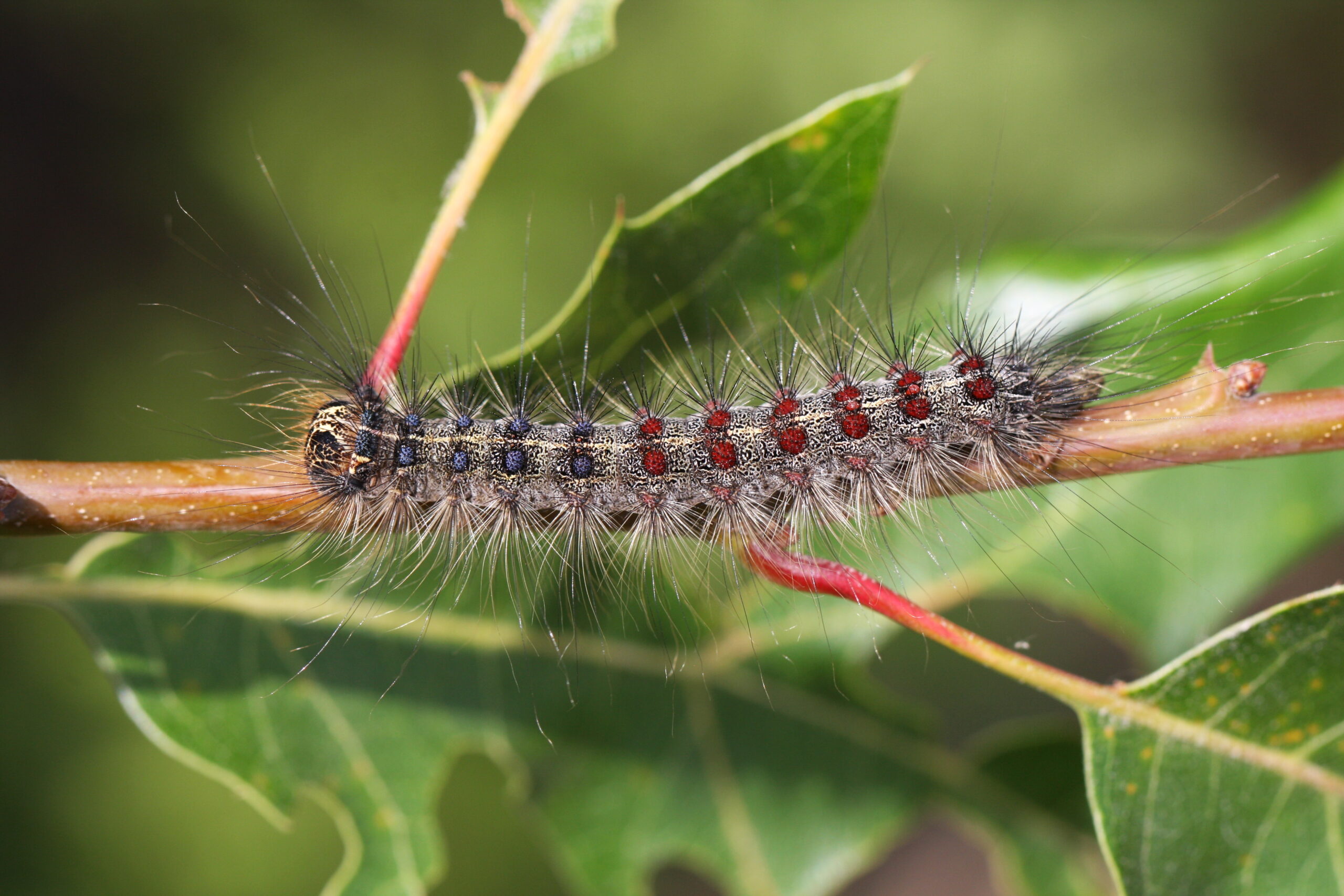We look at how invasive spongy moths might alter Wisconsin’s forests. Then we explore how climate change is damaging wild rice harvests in Spur Lake and how ecologists and First Nations are trying to restore the plants.
Featured in this Show
-
Spongy moth causes quarantine in the Chequamegon-Nicolet National Forest
Ten counties within the Chequamegon-Nicolet National Forest are in active quarantine due to the invasive spongy moth. An entomologist with the U.S. Forest Service explains the effects of the drought and how current pest management will affect spongy moth numbers next year.
-
Wisconsin conservationists and tribal communities work to restore wild rice on Spur Lake
Tribal nations and conservationists are working to restore wild rice that has previously flourished on Wisconsin’s Spur Lake in Oneida County. We examine why this site is significant to tribal communities and how climate change is influencing growth efforts.
Episode Credits
- Kate Archer Kent Host
- Avery Lea Rogers Producer
- Courtney Everett Producer
- Lee Rayburn Technical Director
- Patrick Engelken Guest
- Nathan Podany Guest
- Carly Lapin Guest
Wisconsin Public Radio, © Copyright 2026, Board of Regents of the University of Wisconsin System and Wisconsin Educational Communications Board.


